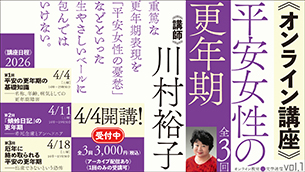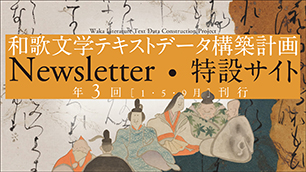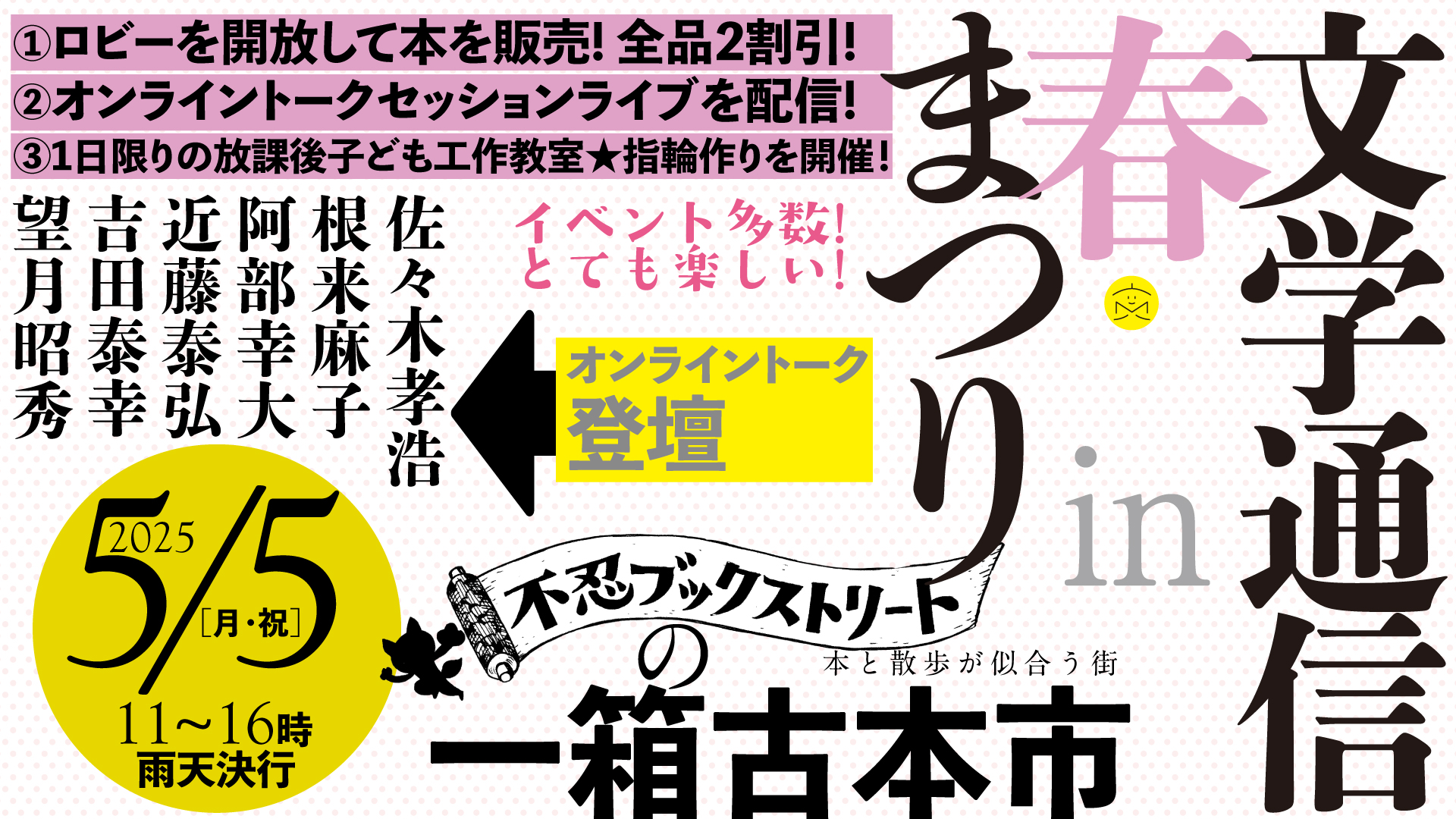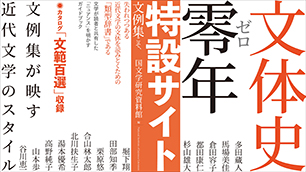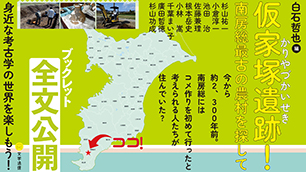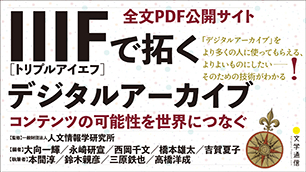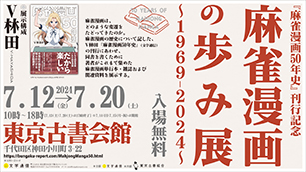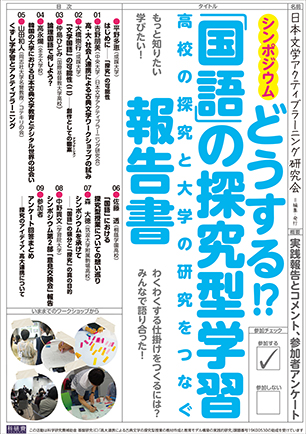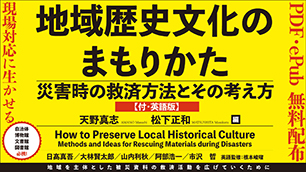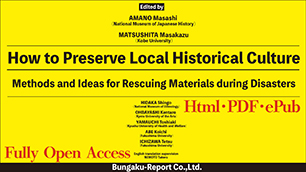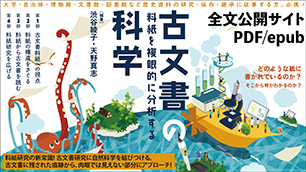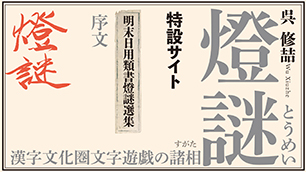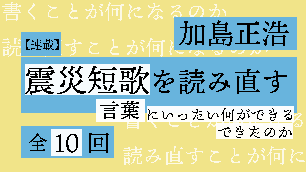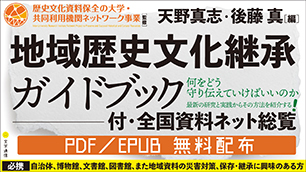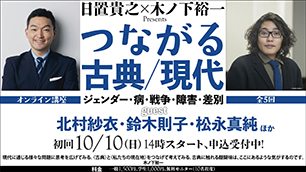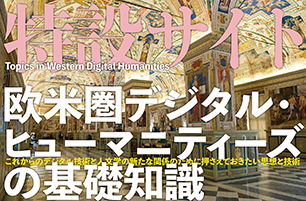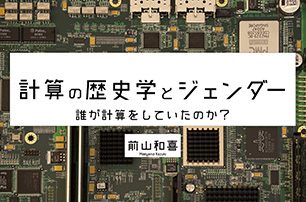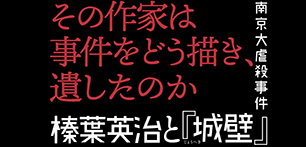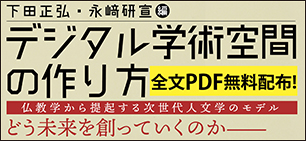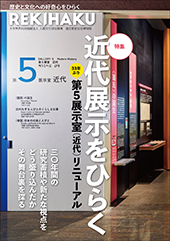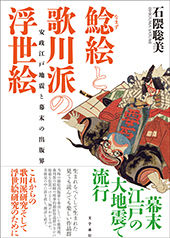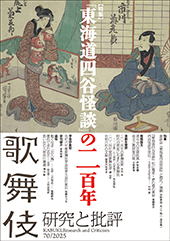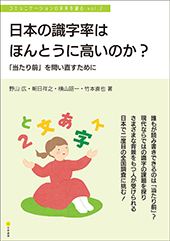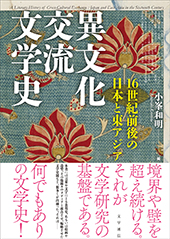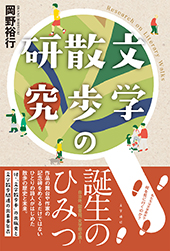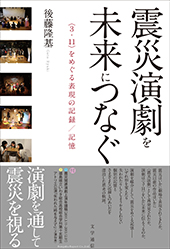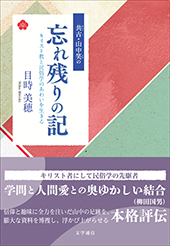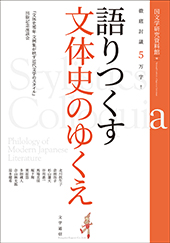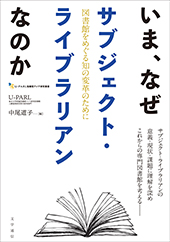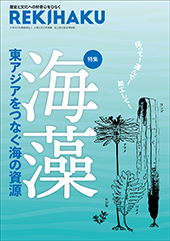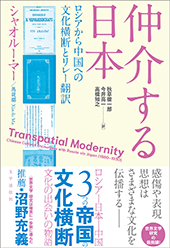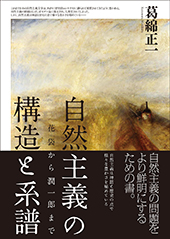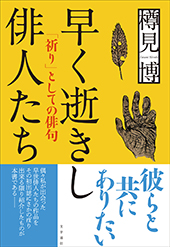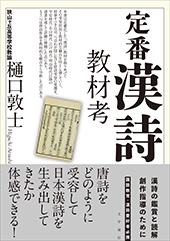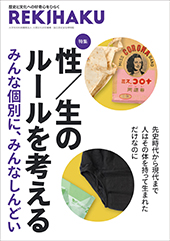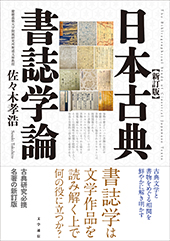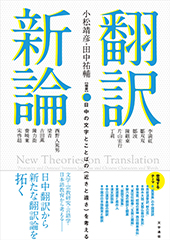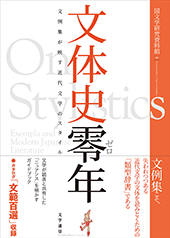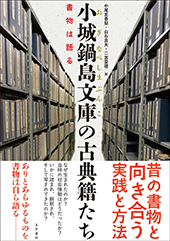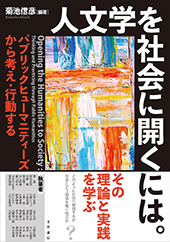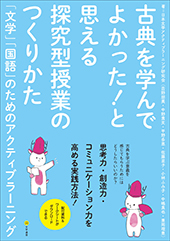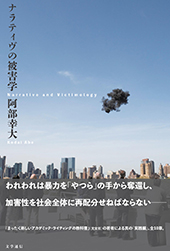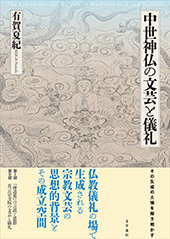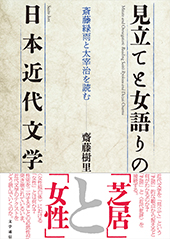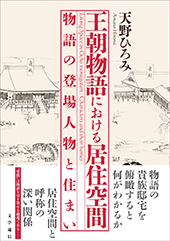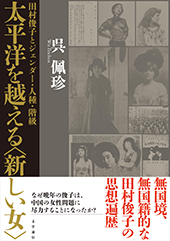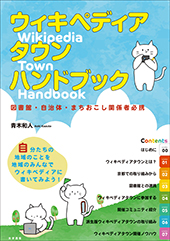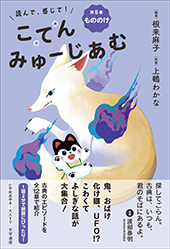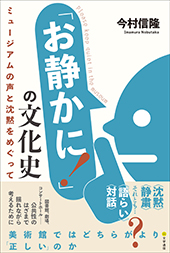「日本語から生成文法理論へ : 統語理論と言語獲得」研究発表会(2019年4月20日~21日、南山大学 L棟 9階 大会議室 (愛知県名古屋市昭和区山里町18))
研究会情報です。
●公式サイトはこちら
https://www.ninjal.ac.jp/event/specialists/project-meeting/m-2018/20190420/
--------------------
開催期日
2019年4月20日 (土) 13:00~18:00
2019年4月21日 (日) 10:00~12:15
開催場所
南山大学 L棟 9階 大会議室 (愛知県名古屋市昭和区山里町18)
事前申込み不要,参加無料
第6回 ワークショップ
2019年4月20日 (土)
13:00~15:15
"The Ins and Outs of Syntactic Amalgams in Japanese"
瀧田 健介 (同志社大学 准教授)
TAKITA Kensuke (Doshisha University)
In this presentation, we first observe that in a certain context, a constituent which normally functions as a CP surprisingly behaves as if it were not. It is then proposed that this hitherto-undiscussed phenomenon in question is best analyzed as an instance of syntactic amalgams in the sense of Lakoff (1974), extending Kluck's (2011) sluicing-based analysis.
"Adnominal Quantifiers, (Anti-)labeling, and pro-form no in Japanese"
越智 正男 (大阪大学 准教授)
OCHI Masao (Osaka University)
Based in part on the observations made by Sauerland and Yatsushiro (2004, 2017) and Watanabe (2017), I will argue that pre-nominal quantifiers in Japanese (but not their post-nominal counterparts) bear agreement properties. Combining this point with Saito's (2016) anti-labeling hypothesis, I will explore the idea that the limited distribution of pre-/post-nominal quantifiers in the domain of pro-form no, as documented by Kamio (1983), Murasugi (1991), and Hiraiwa (2016), can be accounted for in terms of labeling failure.
15:45~18:00
"On Some Alleged Negative Evidence for Some ECP Effects in Japanese"
藤井 友比呂 (横浜国立大学 准教授)
FUJII Tomohiro (Yokohama National University)
This talk asks whether primary linguistic data in Japanese could provide indirect negative evidence for certain effects of the Empty Category Principle, i.e. the argument-adjunct asymmetry in covert WH-extraction out of islands and the island/nonisland asymmetry with respect to covert extraction of 'why'.
"Parametric Variations Viewed through the Acquisition of Labeling"
村杉 恵子 (南山大学 教授)
MURASUGI Keiko (Nanzan University)
This paper examines very early child grammars from the minimalist perspective. It discusses the well-known erroneous strings very young children produce such as Root Infinitives, preverbal object sentences in English, and sentences without Case markers in Japanese. We argue that the early strings are not labeled in the adult way and that children at the relevant stage are still in the process of figuring out how the {XP, YP} structure is labeled in their respective languages. The conclusion implies that a main part of the acquisition of syntax is for a child to discover how her/his target language label the {XP, YP} structure.
2019年4月21日 (日)
10:00~12:15
"On the Syntax of the ECM Construction in Japanese"
岸本 秀樹 (神戸大学 教授)
KISHIMOTO Hideki (Kobe University)
In this talk, I argue, in line with the so-called non-raising view, that ECM subjects do not raise to the matrix object position. It is argued that although ECM subjects are not extracted from the embedded clause, they undergo A-movement to the embedded CP, and appear in a structural position higher than the position occupied by nominative subjects.
"Variation in Transfer Domains and the Presence/Absence of ɸ-feature Agreement"
斎藤 衛 (南山大学 教授)
SAITO Mamoru (Nanzan University)
Assuming that the locality of anaphor binding and A-movement is to be explained by the Transfer operation, I examine the Transfer domains, starting with the discussion of the absence of NIC effects in languages without ɸ-feature agreement. I suggest that T/V inherits a phase head status from C/v along with ɸ-features and that a phase is transferred upon the completion of the next phase up.


